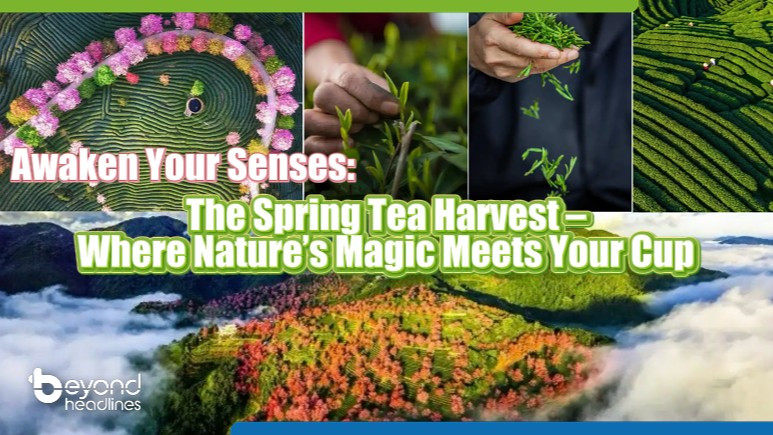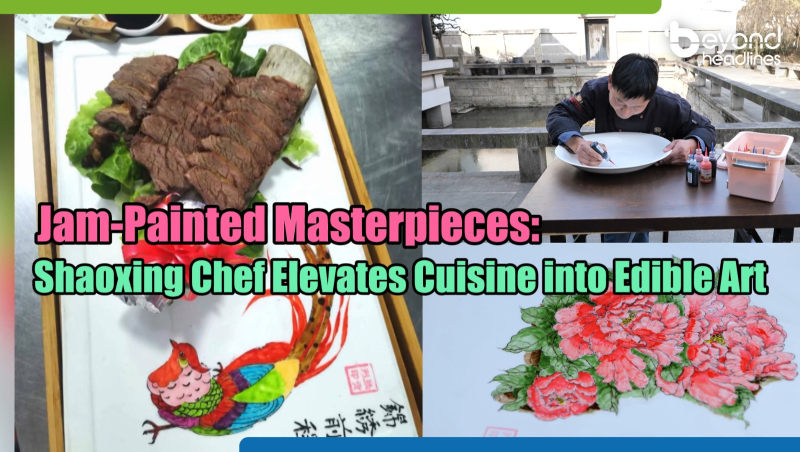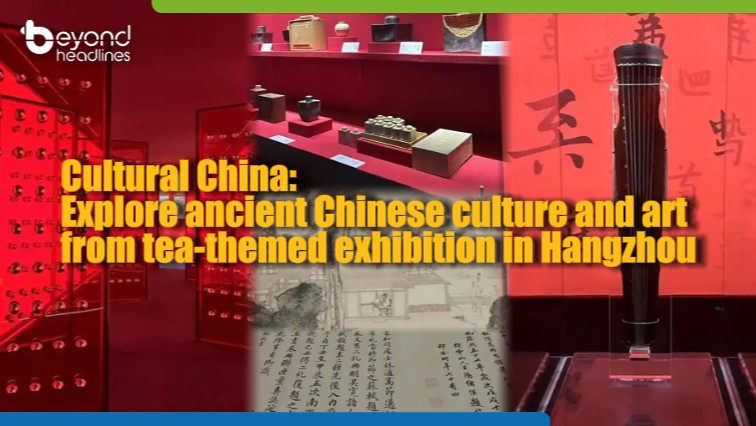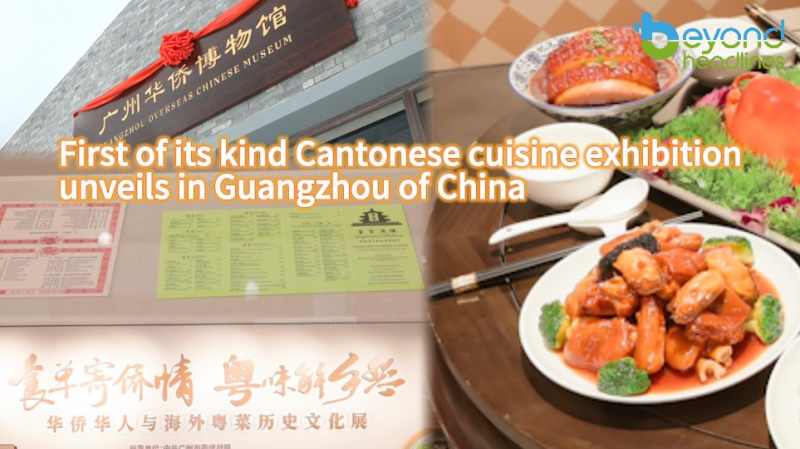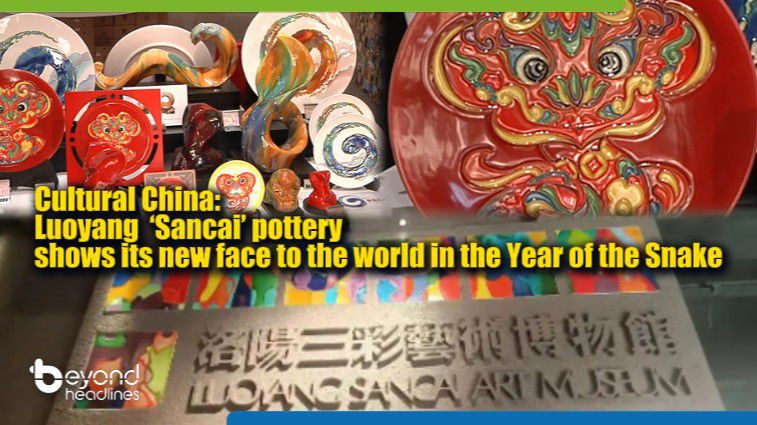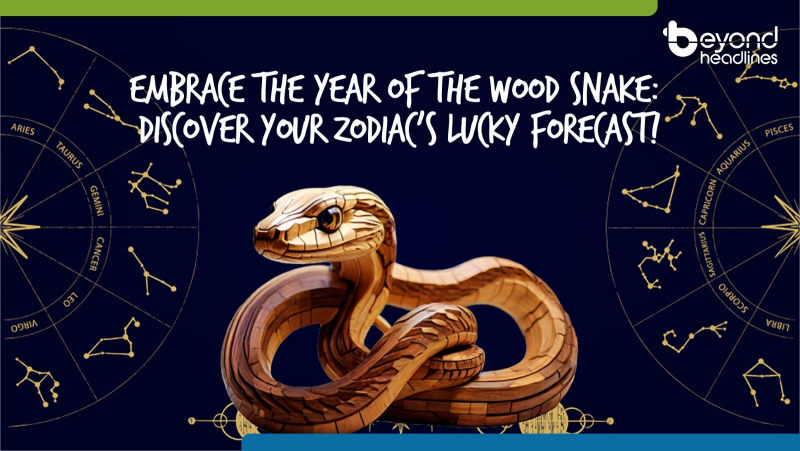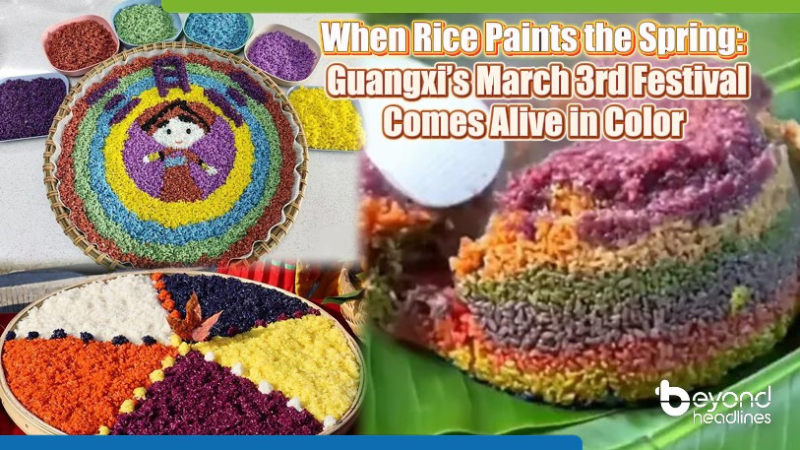This is Jingmai Mountain in the city of Puer of Yunnan. To many tea lovers and indigenous in habitants here, this is a sacred land intertwined with their life, traditions and culture. Tea is integral to Chinese culture. To the Bulang people who have cultivated and harvested tea on Jingmai Mountain for over a thousand years, the old tea trees here are not only a gift from nature, but also the most precious legacy passed down by ancestors. Master Nankang, an ethnic Bulang, who has inherited tea-making craft from his family, tells us his story.
[Nankang/ Tea master on Jingmai Mountain]
Nankang:
Bulang people have inherited and preserved the tea culture. I feel that we are obliged to pass on our tea culture and properly protect Jingmai Mountain. I am committed to upholding this belief and share it with other Bulang people.
Today, I follow Master Nankang to go into the ancient tea forest. He has told me a lot about the ecological environment of Jingmai Mountain. From a distance, it looks like a forest, but up close, it's a giant ancient tea farm with over a thousand years of history. Ancient tea trees lie in the shadows of the towering trees, and nestled within the forest are the traditional villages where Dai, Bulang, and Lahu ethnic groups thrive.
Nankang: Try this one.
Host: This one?
Nankang: Yes.
Nankang: One bud, two leaves. Yes, this one has many leaves.
Look at this ancient tea tree, since no fertilizer or pesticides are used, the leaves are soft and slender.
In this peaceful tea forest, Master Nankang is picking tea with his grandchildren, chatting and laughing, enjoying the tranquility and joyous moments of harvesting.
Nankang:
This is special grade tea. This is first grade, and this is second grade tea. Nowadays, over-harvesting is not allowed in Jingmai Mountain. We grade the tea leaves as special grade, first grade and second grade, based on the quality and size of new leaves. Third grade leaves should not be picked, and instead, they should be left to nourish the tree.
Host: To nourish the tree, leaving them here for keeping the nutrients, right?
Nankang: Yes.
This is ‘bee goddess tree’. We Bulang people regard it as the guardian of the ancient tea forest. A place suitable for bees to live in is also suitable for humans, as it has a great feng shui and fresh air.
The ‘bee goddess tree’ is an ancient banyan tree which is nearly 50 meters high, densely covered with over 70 beehives. This 'bee goddess tree’ is not only a nature's wonder bestowed upon Jingmai Mountain but also a symbol of the harmonious coexistence between humans and nature. The ethnic Bulang villagers with their inherited wisdom, spare no efforts to protect this ancient banyan tree which helps maintain the entire ecological balance of the ancient tea forest.
Nankang:
If Puer tea is sun-dried under the sun, without using drying machines, we call it sun-dried green tea. Every time we drink tea, we follow Bulang tradition, putting the tea leaves in a gourd, adding charcoal, and continuously adjusting the taste.
Host:
Master Nankang, you just mentioned this tea making craft has a history of over a thousand years. How much generations has it passing through?
Nankang:
By my generation, it’s the 45th generation. We, descendants of Bulang ethnicity are blissful to have had the blessings from nature.
Every tea maker has their own philosophy of life. Some insist on preserving the most traditional way of making tea, while others leverage modern technology and innovation to expand the tea business beyond Jingmai Mountain.
[Du Chunyi/ Founder of Lancang Ancient Tea]
Du Chunyi:
The first requisite of a tea maker is being able to endure loneliness. Second, we need a team of like-minded co-workers or works partners who stand ready to endure hardship and challenges. Only such a team can make good tea. When you find the right way of tea-making, it feels like you finally taste the sweetness after experiencing rounds of bitterness. A sweet aftertaste makes you forget the bitterness. Life is like that too.
Du Chunyi:
After so many years, 58 years, I feel that my connection with tea is getting closer and closer. In the future, maybe when I reach my eighties, tea will become part of me and I will become part of tea..
Du Chunyi, known as ‘Tea Mama’, has deeply connected with Jingmai Mountain in her journey with tea in the past 58 years. She has experienced failures in running her tea business, including an attempt to introduce her tea products overseas but failed because of language barriers.
Du Chunyi:
We aimed to bring our products overseas and make it to the world, but it was really difficult. Why was it difficult? Because we didn’t understand their languages, didn't understand English, were not familiar with their customs or the rules of their countries. That made us feared to go out and back off. We also lacked the necessary channels to establish our presence in international markets. We actually ventured to countries such as Japan, Korea, India, and even Sri Lanka.
By enhancing quality and productivity and ensuring standardization through automation and modernization, Tea Mama’s company achieved a big progress in recent years. The interview day marked the 100th day of the listing of her company in Hong Kong. With such successful experience, Tea Mama has regained confidence in going abroad with her own tea brand with new impetus to enter the international market.
Life is like the art of tea-making. Tea Mama loves white tea in particular, since it’s a reflection of her tea journey- remain calm in times of adversity and stay modest in moments of prosperity. Today, for her, the "aftertaste" of the entire tea business venture would be to see Chinese tea brands shine on the world stage.



